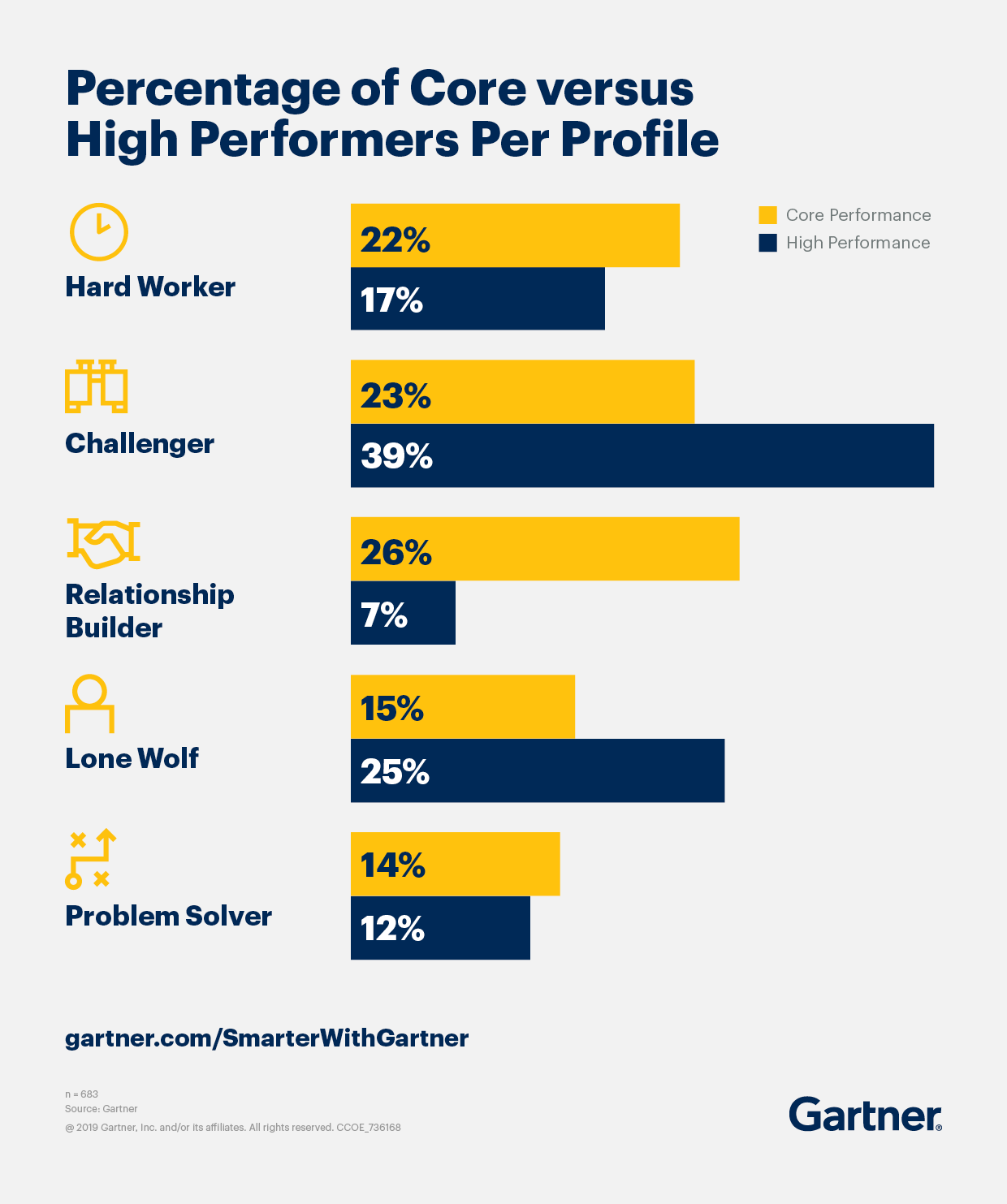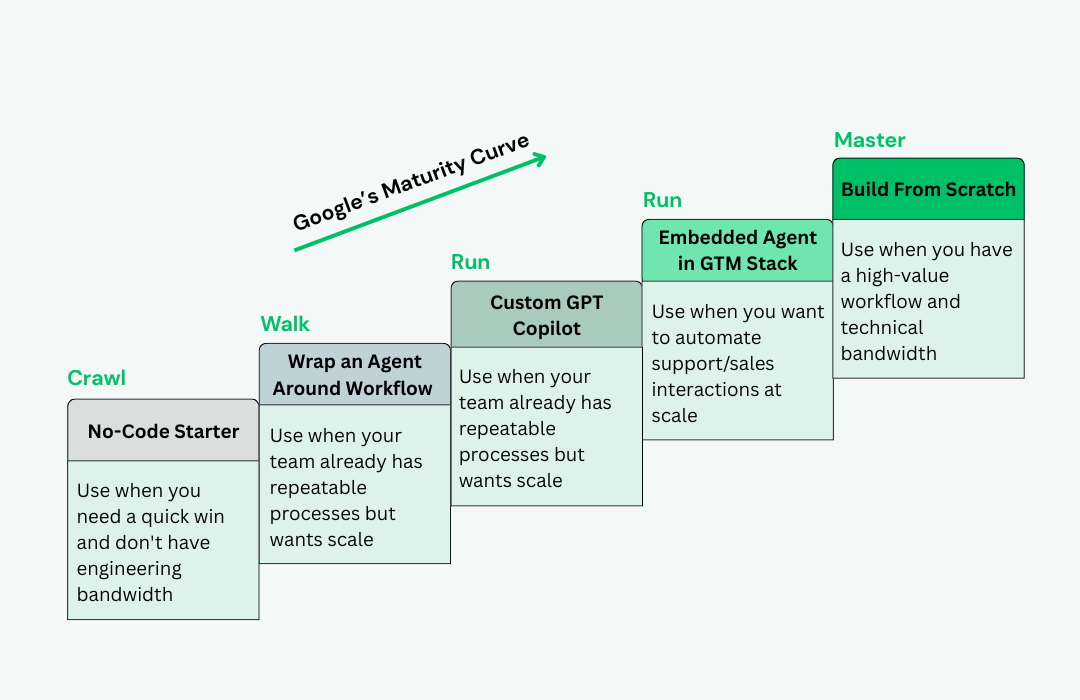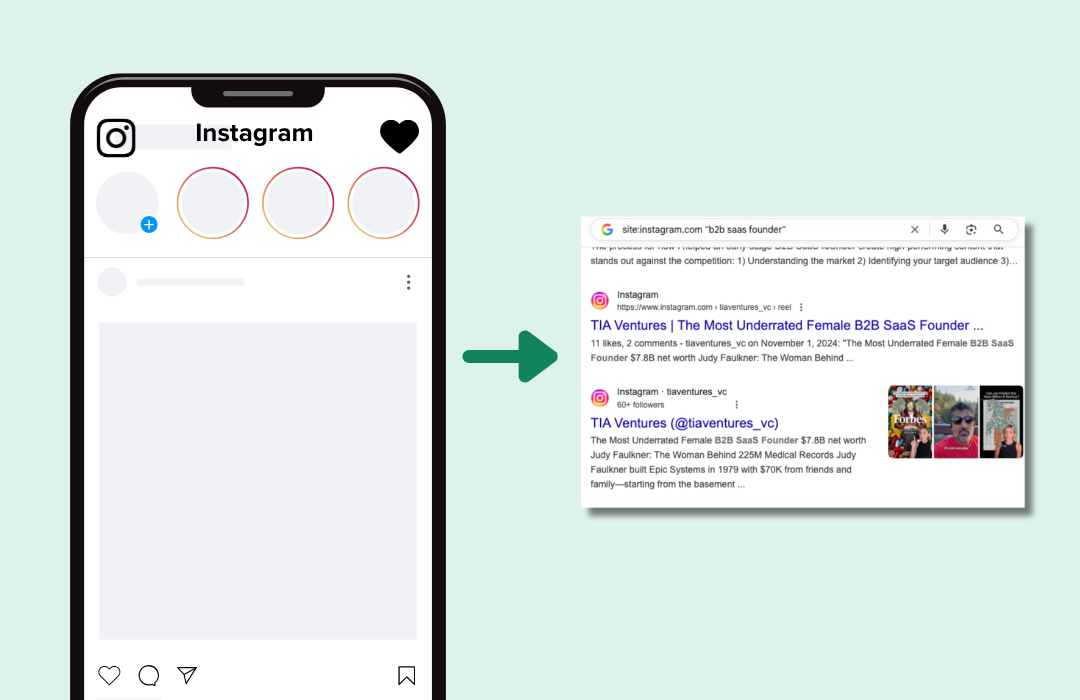Every sales organization needs a framework for how to sell their product to their customers.
Adopting a framework or sales methodology creates consistency in how your reps speak to prospects and deliver your sales pitch.
One especially popular methodology is the Challenger Sale, written in 2011 by Matthew Dixon and Brent Adamson. Things have changed a lot in B2B sales in the last decade, but sales managers still continue to give this book to their sales reps.
What is the Challenger Sale all about?
The Challenger Sale asserts that high performing reps are successful because they challenge their prospects to think about things differently. Instead of just selling a product, a challenger strives to teach their buyers something new during every customer interaction.
Jamal Reimer, Strategic Account Manager at Oracle, explains it well in his video training about overcoming small deal syndrome. The discovery process of asking a lot of questions has become commonplace, but today’s decision-makers are so tired of having to answer them.
“They simply don’t have time to do that kind of activity. What they really want is to take a meeting with a salesperson because they think they can learn something new.” According to Reimer, a sales rep should challenge their buyer to think about more than just an incremental change, but a transformational one.
5 types of sales reps
In a survey of over 6,000 salespeople conducted by Gartner, they were able to identify that every sales rep falls into one of five types of sellers. The results showed that certain types are far more successful than others. The five types include:
- Hard Worker: Always goes the extra mile, self motivated, open to feedback and honing their skills
- Lone Wolf: Acts based on their own instincts, confident, independent
- Relationship Builder: Develops strong customer advocates, gets along with everyone, generous with their time
- Problem Solver: Detail oriented, reliable, ensures that all problems are addressed and solved
- Challenger: Brings a different view of the world, understands their customer’s business, pushes their customer, loves to debate
Gartner categorized sellers and their types as either a core performer or a high performer. The most common sales profile is the Relationship Builder, but they were the least likely to be high performers. The Challenger seller was the most successful, with 39% of challengers being high performers.
Challenger reps center their whole sales cycle on providing new ways of thinking and delivering useful insights. Think about how much the average sales rep knows about the types of problems their buyer’s face. The challenger can identify better ways to save money or avoid risk that the customer may have never thought of on their own.
You can teach anyone to be a challenger
The good news is that you can teach all of your reps to become challenger sellers. In the Sales Hacker podcast, Sam Jacobs interviews Brent Adamson, co-author of The Challenger Sale, about the mental model. To become a challenger, you must address the way your buyers think about their own business:
- Building a mental model: How does your customer think about the world? What do they prioritize? What are their goals?
- Breaking a mental model: What have they missed with this thinking? Is there faulty logic? What can you do to help them think more effectively?
To control the conversation, take the buyer’s education about your products and their problems into your own hands. Through all of your customer interactions, show the buyer where there are gaps in their logic or knowledge.
Fundamental principles of The Challenger Sale
The core principles focus on the sales rep’s ability to push the conversation forward by challenging what the buyer thinks they know.
- Teach your prospect something new that they can use. They should walk away with not only a better understanding of what your products do, but understanding how you are different from your competitors. Show them a better future with your solution.
- Tailor your conversations so they are always relevant. Always show up prepared with research about their business, their customers, their industry, and their competitors. Your CRM may have details of past opportunities with this company, so make sure to learn why they didn’t buy before, and then explain why they should now.
- Control the conversation. It’s the rep’s job to communicate useful and insightful knowledge without being too aggressive and pushy. If you know the decision criteria for your buyer, be sure to reinforce what they have shared with you, so that you can keep them on goal.
Is the Challenger Sale method right for my business?
For the B2B enterprise market, where solutions are complex, the Challenger Sale framework works very well. This methodology shows that the rep can explain what they have to offer, as well as why their customer should buy from them. There are over a dozen sales methodologies so if the Challenger Sale isn’t right for you, another methodology may offer exactly what you need to increase revenue.








